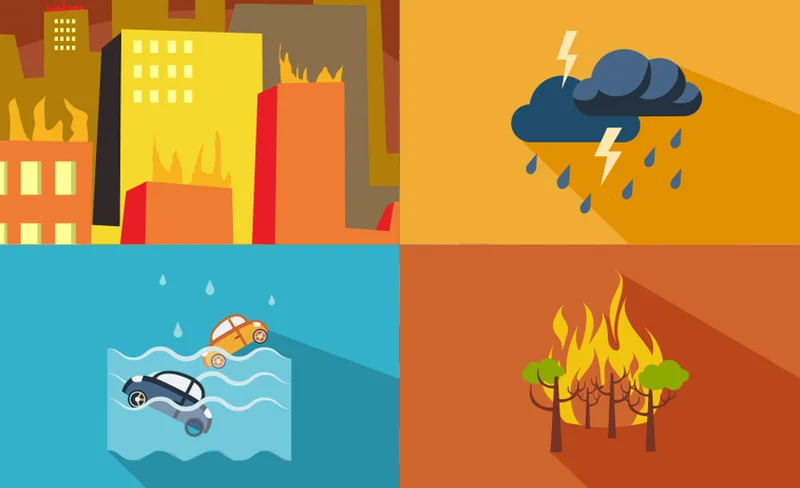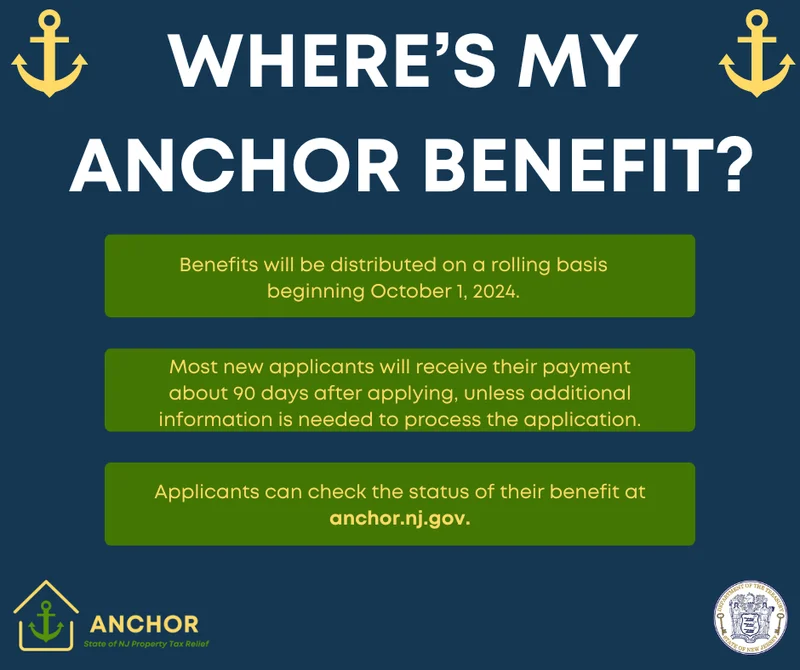Disaster: What Happened and What We Know
Disasters Strike, But Human Ingenuity Strikes Back: A New Era of Resilience
We're living in a world that feels increasingly… unpredictable, right? Headlines scream about environmental disasters, communities reeling from floods, and the sheer scale of the challenges can feel overwhelming. I get it. I really do. But amidst the chaos, I see something else: a surge of human ingenuity, a relentless drive to not just survive, but to thrive in the face of adversity.
Take the recent ruling in the UK, holding BHP liable for the devastating dam collapse in Brazil. Nineteen lives lost, homes destroyed, and a river poisoned. It's a tragedy, plain and simple. But what struck me wasn't just the devastation; it was the legal battle fought on behalf of over 600,000 people. It was the sheer scale of the effort to hold a corporation accountable. It's a David vs. Goliath story playing out in real time, a testament to the power of collective action and the pursuit of justice, even when the odds seem insurmountable. And while BHP is appealing, the very fact that this case was even heard in London speaks volumes about the changing landscape of corporate responsibility. Are we finally seeing a world where environmental negligence has global consequences? I certainly hope so. UK court finds mining firm liable for Brazil's worst environmental disaster
And then there's Colorado. Historic flooding, bridges washed away, communities evacuated. Governor Polis is requesting federal assistance, and the images coming out of the affected areas are heartbreaking. But look closer, and you'll see communities banding together, firefighters wading through floodwaters to rescue residents, and local officials working tirelessly to rebuild. The floodwaters breached levees—that's bad—but what if, instead of just rebuilding the old levees, we used this as an opportunity to implement innovative flood control measures? What if we could build smarter, more resilient infrastructure that can withstand future climate events?
Beyond Reaction: Building a Proactive Future
What if, instead of just reacting to disasters, we could anticipate them, mitigate their impact, and respond more effectively? That's where the collaboration between the Washington National Guard and Malaysia's Special Malaysia Disaster Assistance and Rescue Team (SMART) comes in. This isn't just about military interoperability; it's about sharing knowledge, building relationships, and creating a global network of first responders ready to tackle any challenge, anywhere. The training involved civilian search and rescue operations, like swiftwater rescue techniques. The Washington National Guard even hosted members of the Malaysian National Disaster Management Agency!

Think about it: an elite, internationally certified Heavy Urban Search and Rescue task force, learning from the experiences of first responders in Washington State. It's like the early days of the internet, when people realized the power of connecting and sharing information across borders. Only this time, instead of cat videos, we're sharing life-saving skills and strategies. And what if we could use AI to predict where disasters are most likely to strike? Imagine a world where we could proactively evacuate communities before the floodwaters rise, where we could deploy resources to the areas that need them most, before the earthquake hits. It sounds like science fiction, I know, but the technology is already here. We just need the vision and the will to make it happen.
This is the kind of breakthrough that reminds me why I got into this field in the first place. To see the power of human ingenuity unleashed, to witness the unwavering spirit of communities coming together in the face of adversity—it's truly inspiring. But with this power comes responsibility. We need to ensure that these technologies are used ethically, that they are accessible to everyone, not just the privileged few. We need to be mindful of the potential for bias and misuse, and we need to work together to create a future where technology serves humanity, not the other way around.
A Symphony of Hope
The disasters are real, the challenges are immense, but so is the potential for human innovation. From holding corporations accountable to building smarter infrastructure to creating a global network of first responders, we are writing a new chapter in the story of resilience. It's a chapter filled with hope, determination, and an unwavering belief in the power of the human spirit.
The Future is Being Written, One Rescue at a Time
-

Warren Buffett's OXY Stock Play: The Latest Drama, Buffett's Angle, and Why You Shouldn't Believe the Hype
Solet'sgetthisstraight.Occide...
-

The Business of Plasma Donation: How the Process Works and Who the Key Players Are
Theterm"plasma"suffersfromas...
-

The Great Up-Leveling: What's Happening Now and How We Step Up
Haveyoueverfeltlikeyou'redri...
-

NJ's ANCHOR Program: A Blueprint for Tax Relief, Your 2024 Payment, and What Comes Next
NewJersey'sANCHORProgramIsn't...
-

The Future of Auto Parts: How to Find Any Part Instantly and What Comes Next
Walkintoany`autoparts`store—a...
- Search
- Recently Published
-
- SpaceX Launch Today: Schedule, Starship, and What We Know
- Netflix Stock: The Split, the Price, and What Investors Overlook
- Maxi Doge Presale: Crypto News and Price Crash Concerns
- Microsoft Stock: AI Revolution vs. Investor Jitters
- John Ternus at Apple: Net Worth, Age, and Tim Cook Succession Plans
- Google Stock: Berkshire Hathaway's Billion-Dollar Bet and What We Know
- CoinMarketCap: Crypto Prices, Bitcoin vs. XRP, and What's Real
- Indigo: What's the Story?
- Daniel Driscoll and the Army Overhaul: What It Means for the Future of Defense
- Mars' Orbit: What We Know About Earth, Venus, and the Other Planets
- Tag list
-
- carbon trading (2)
- Blockchain (11)
- Decentralization (5)
- Smart Contracts (4)
- Cryptocurrency (26)
- DeFi (5)
- Bitcoin (32)
- Trump (5)
- Ethereum (8)
- Pudgy Penguins (7)
- NFT (5)
- Solana (5)
- cryptocurrency (6)
- XRP (3)
- Airdrop (3)
- MicroStrategy (3)
- Stablecoin (3)
- Digital Assets (3)
- PENGU (3)
- Plasma (5)
- Zcash (6)
- Aster (5)
- investment advisor (4)
- crypto exchange binance (3)
- SX Network (3)
